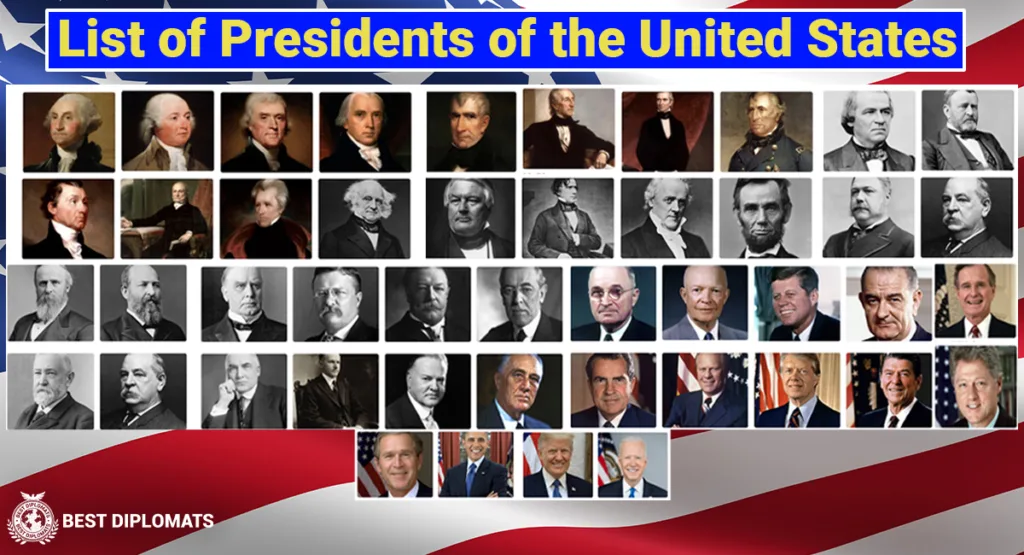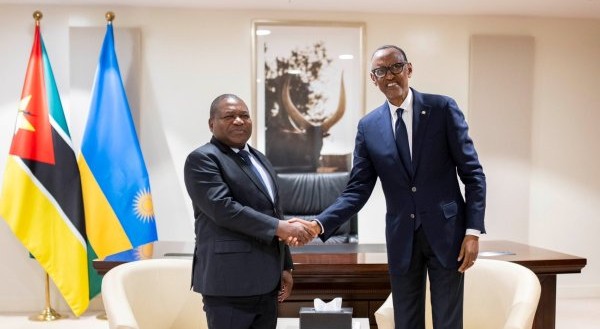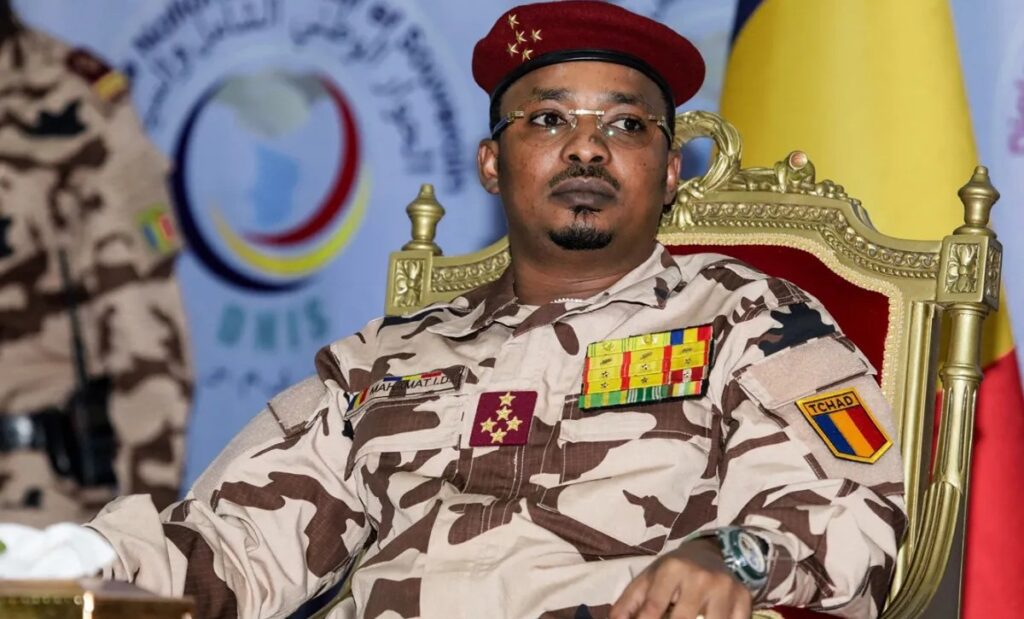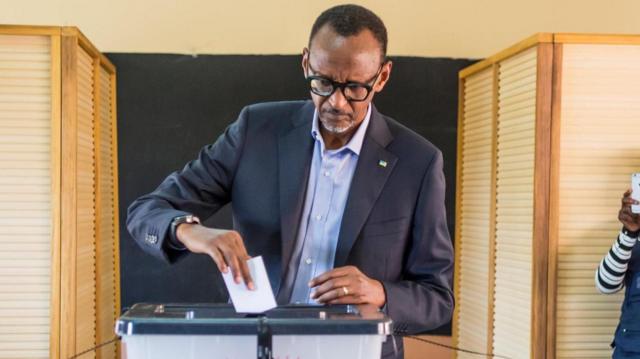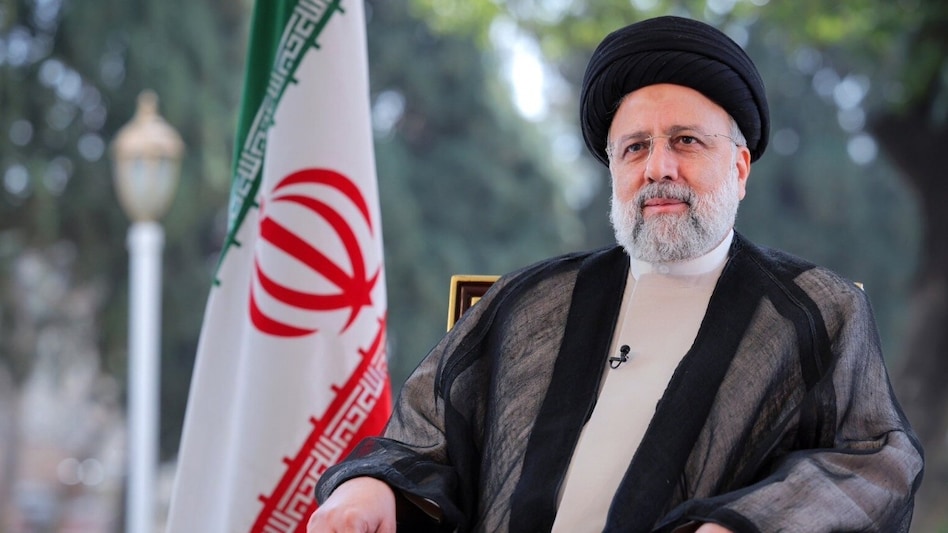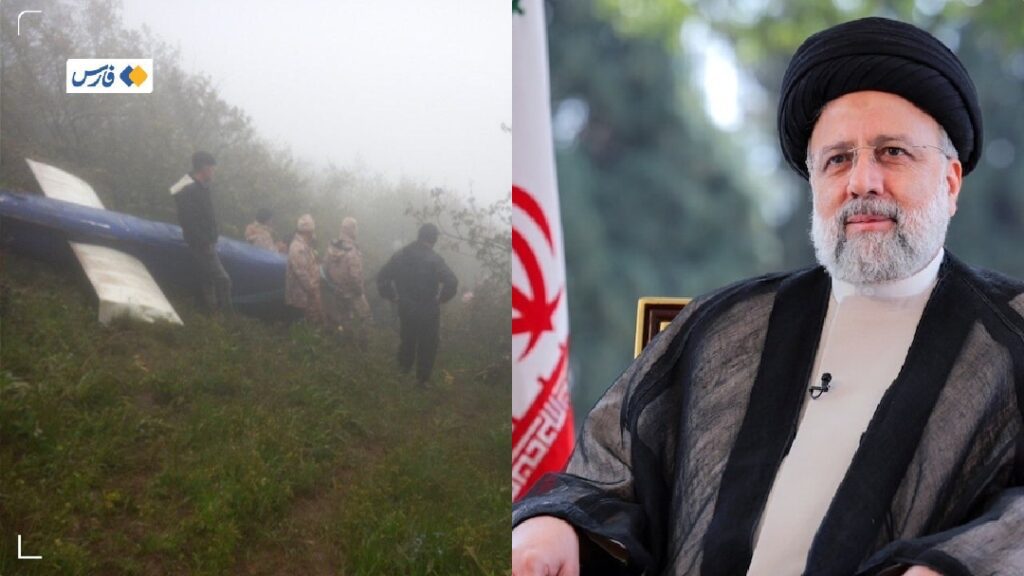Paul Kagame, a pivotal figure in Rwandan politics, has profoundly shaped the nation’s trajectory over recent decades. Born on October 23, 1957, in Gitarama Province, Rwanda, Kagame experienced firsthand the tumultuous events that unfolded in his country, particularly during the ethnic violence between the Hutu and Tutsi groups in 1959. Fleeing Rwanda with his family in 1960 due to escalating political instability, Kagame sought refuge in Uganda, where he spent a significant portion of his youth and early adulthood. It was in Uganda that Kagame became involved in the Ugandan Bush War, a conflict aimed at overthrowing the regime of President Milton Obote. Through his dedication and military acumen, Kagame rose through the ranks within the rebel group, the National Resistance Army (NRA), led by Yoweri Museveni, eventually becoming an integral part of the new government that emerged after the NRA successfully seized power in Uganda in 1986.
Following his tenure in Uganda’s government, Kagame returned to Rwanda in 1990 as part of the Rwandan Patriotic Front (RPF), a rebel group primarily composed of Tutsi exiles. The RPF’s objective was to overthrow the Hutu-dominated government in Rwanda, which had been responsible for decades of discrimination and violence against Tutsis. Kagame played a central role in the Rwandan Civil War that ensued from 1990 to 1994, leading military operations and engaging in negotiations with the Rwandan government. The assassination of Rwandan President Juvénal Habyarimana in April 1994 triggered the Rwandan genocide, a horrific event in which an estimated 800,000 Tutsis and moderate Hutus were killed in just 100 days. Kagame’s leadership during this period was pivotal in protecting Tutsis and ultimately defeating the genocidal regime.
In July 1994, Kagame’s forces captured the capital city of Kigali, effectively ending the genocide and establishing the RPF as the new ruling party in Rwanda. Kagame assumed various high-ranking positions in the post-genocide government, including Vice President and Minister of Defense. In 2000, he was elected President of Rwanda by the Transitional National Assembly, marking the beginning of his presidency. Kagame’s leadership has been characterized by efforts to rebuild Rwanda, promote reconciliation, and drive development across various sectors, including the economy, healthcare, education, and infrastructure.
Throughout his presidency, Kagame has faced both commendations and criticisms. Supporters praise his efforts to stabilize Rwanda and foster national unity, while critics accuse him of authoritarianism and human rights abuses. Despite these controversies, Kagame remains a dominant figure in Rwandan politics and continues to shape the country’s trajectory. His legacy is deeply intertwined with Rwanda’s journey from the depths of genocide to its current status as a stable and rapidly developing nation.


